Filter by
The language used throughout the course, in both instruction and assessments.
196 results for "object oriented programming"

Skills you'll gain: Computer Programming, Mobile Development Tools, Mobile Development, Android Development
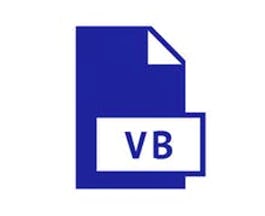
Skills you'll gain: Computer Programming

Coursera Project Network
Skills you'll gain: Algorithms, Computer Programming
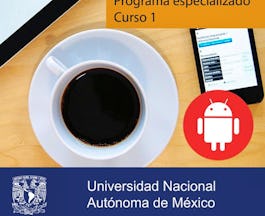
Universidad Nacional Autónoma de México
Skills you'll gain: Computer Programming, Java Programming
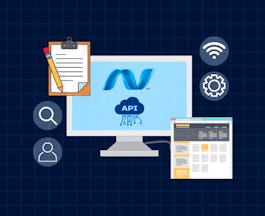
Board Infinity
 Status: Free
Status: FreeÉcole Polytechnique Fédérale de Lausanne
Skills you'll gain: Data Visualization, Databases, Spatial Analysis, SQL

Skills you'll gain: Computer Programming

University of Pennsylvania
Skills you'll gain: Computer Vision, Mathematics, Geometry, Linear Algebra, Computer Graphics, Algebra, Visualization (Computer Graphics), Computer Graphic Techniques, Estimation, Geovisualization, Matlab

University of London
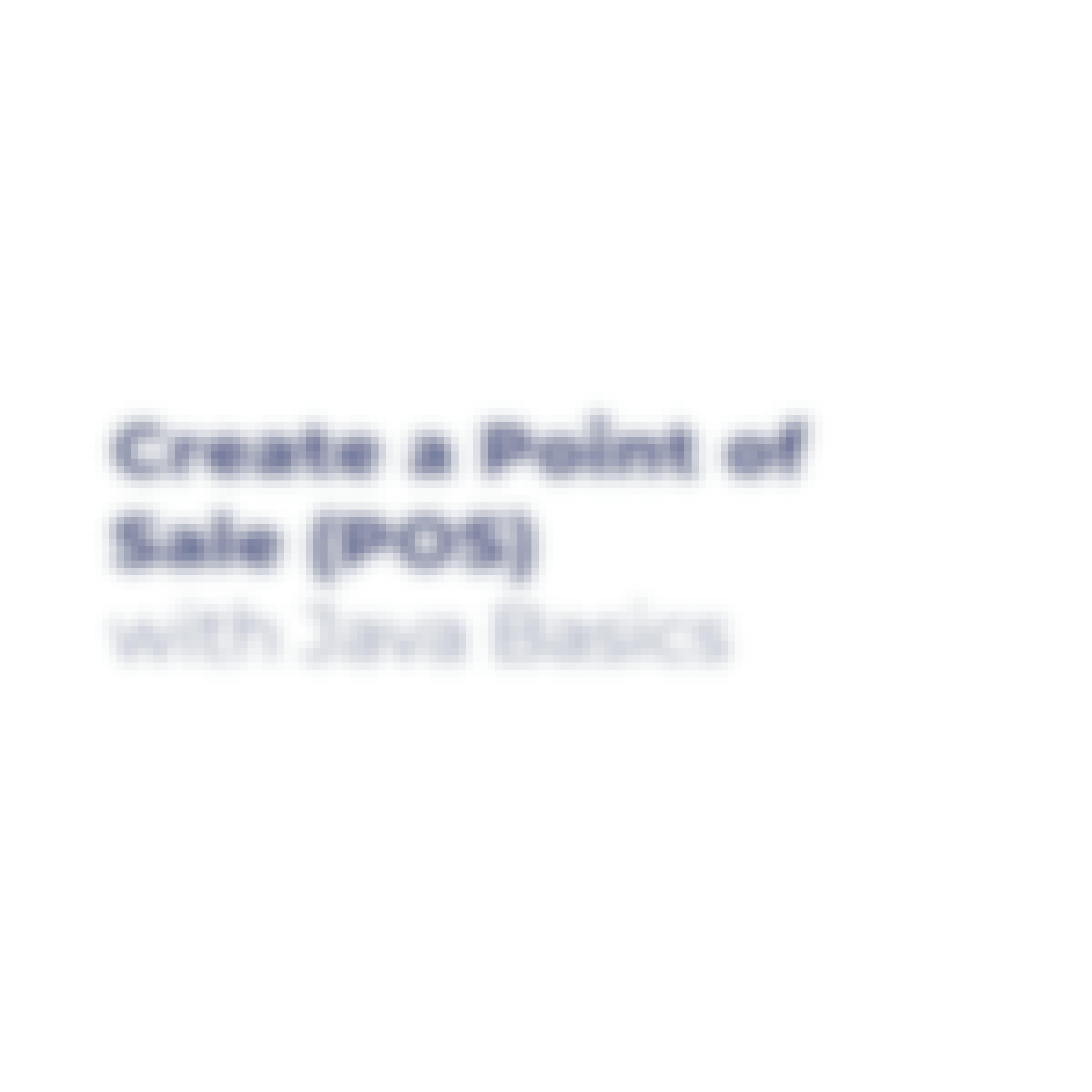
Coursera Project Network
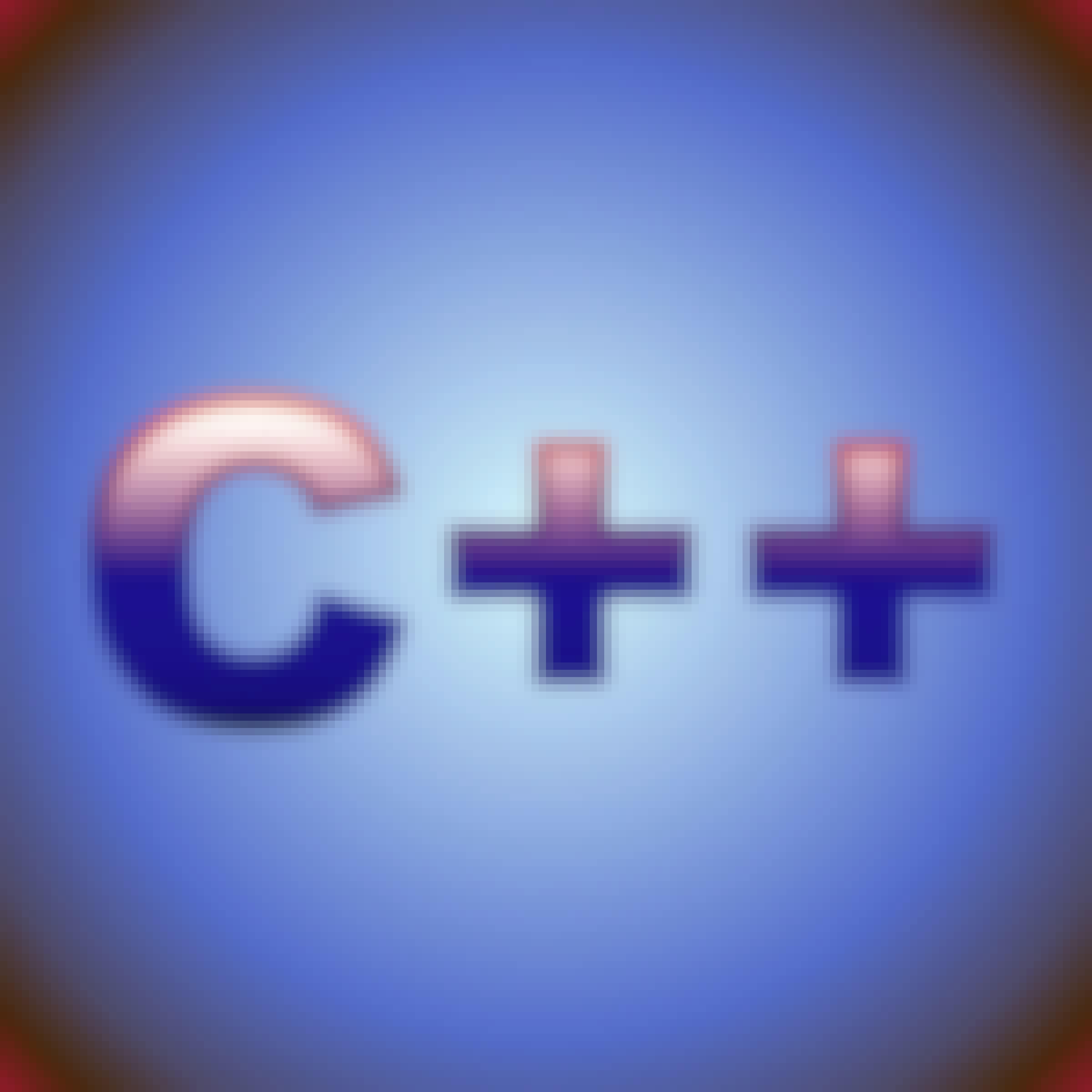
Coursera Project Network
Skills you'll gain: Data Structures
Searches related to object oriented programming
In summary, here are 10 of our most popular object oriented programming courses
- Advanced Programming in Kotlin: Meta
- Visual Basic Programming: Classes and Collections: LearnQuest
- Java Primitive Types to Calculate Expenses: Coursera Project Network
- Programando con Java para aplicaciones Android: Universidad Nacional Autónoma de México
- Foundations of AR: Meta
- Building Services with ASP.NET Web API: Board Infinity
- Systèmes d’Information Géographique - Partie 1: École Polytechnique Fédérale de Lausanne
- .NET Core Mastery: Advanced Techniques for Exp Developers: EDUCBA
- Robotics: Perception: University of Pennsylvania
- Use C++ to build a Crypto Trading Platform: Final System: University of London











